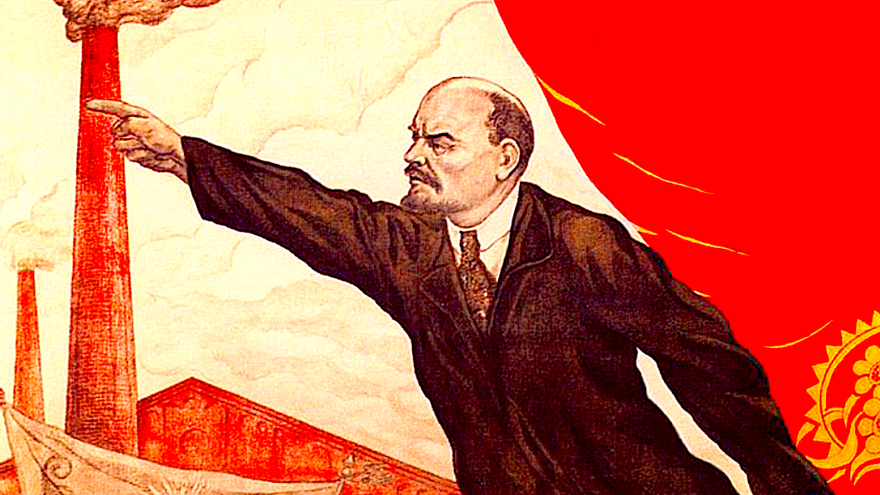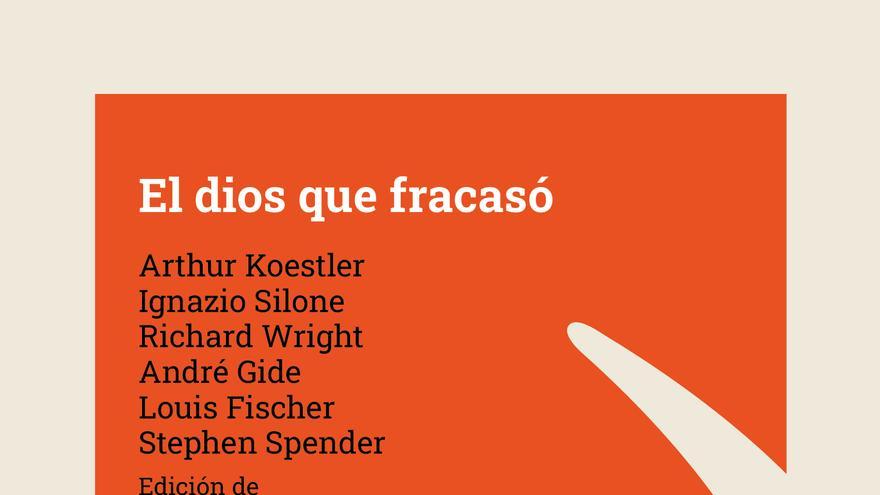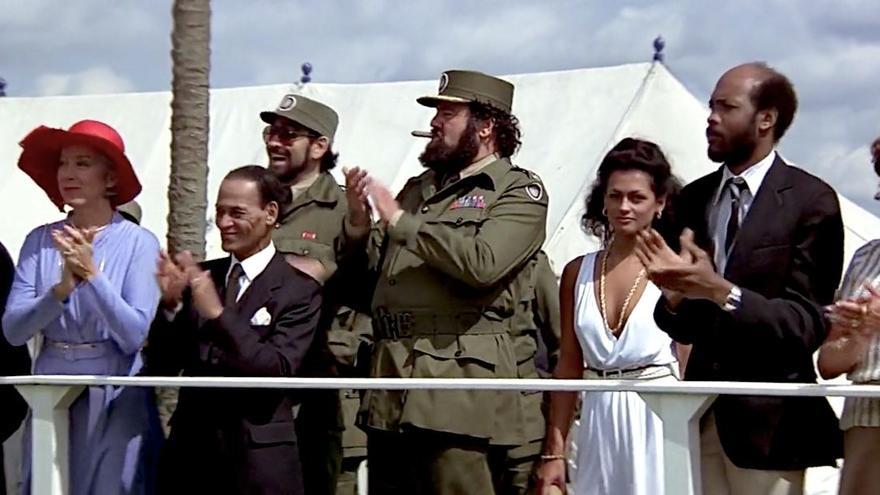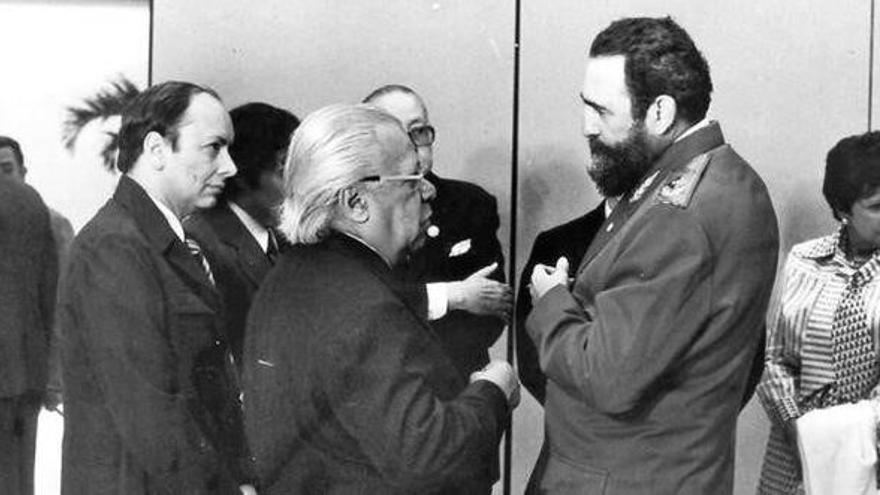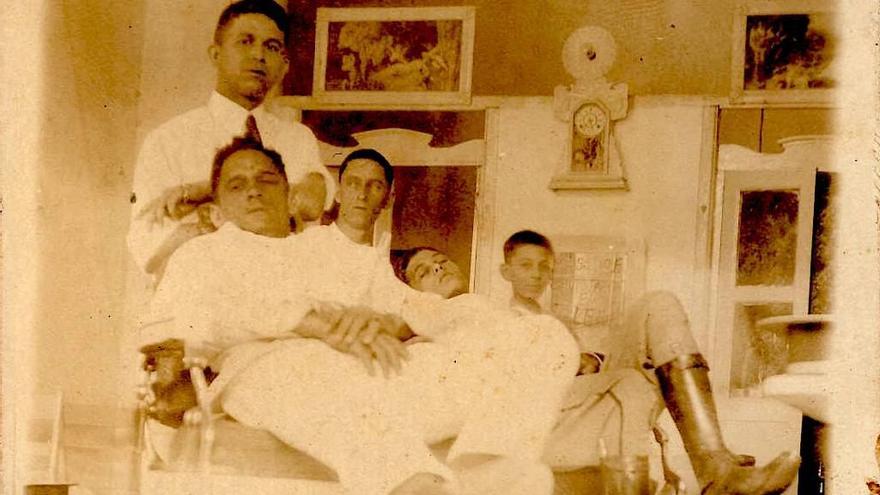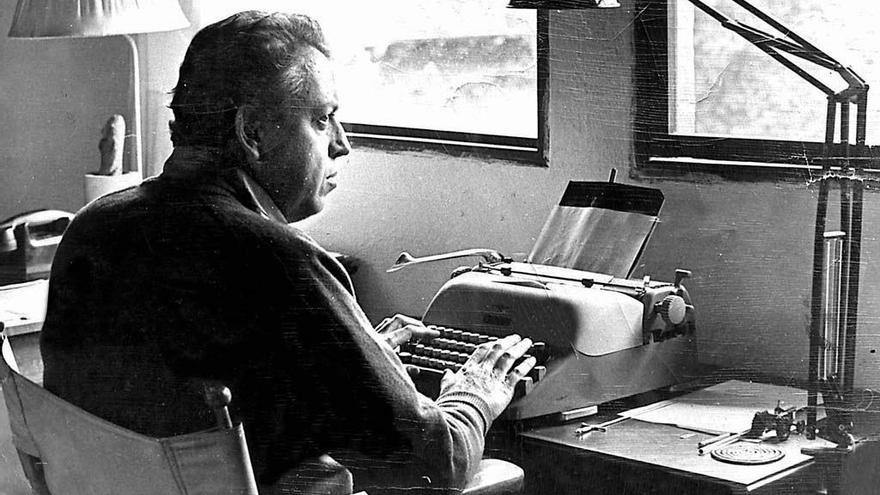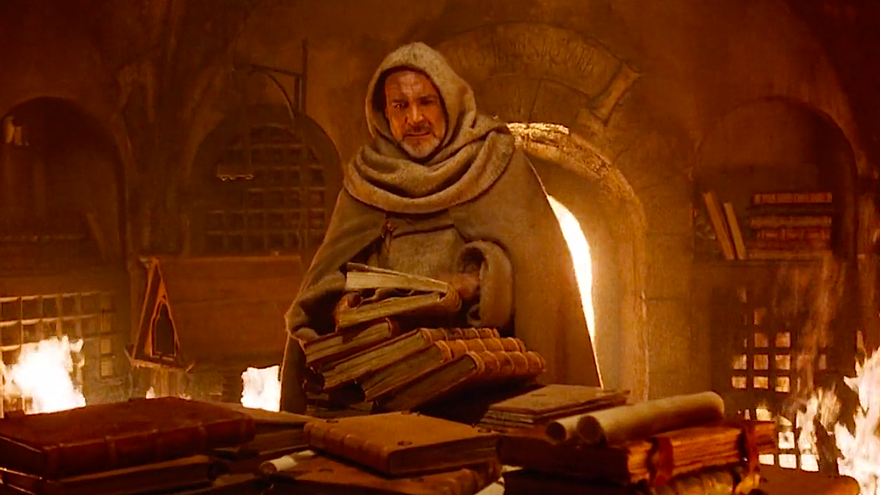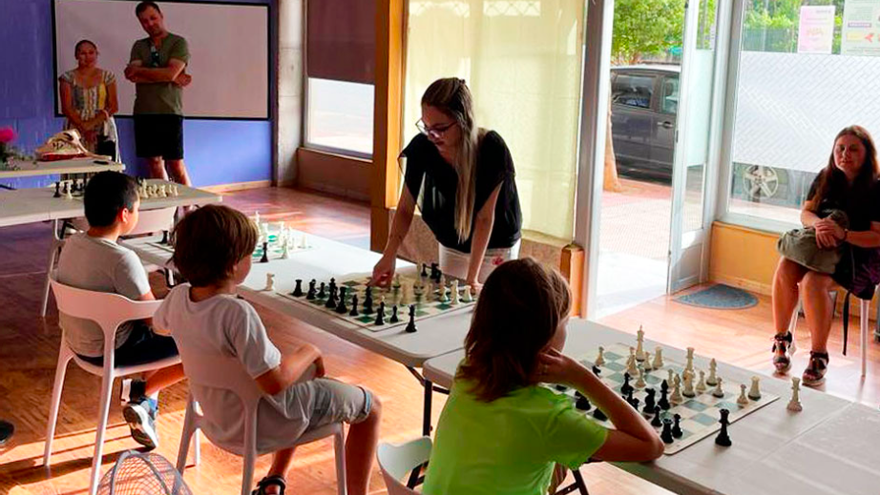
![]() 14ymedio, Xavier Carbonell, Salamanca, 12 July 2024 — A large part of Juan Gualberto Gómez’s library was kept in the house that the patriot and his wife had built in Santos Suárez. When the family decided to leave Cuba, after Fidel Castro’s coming to power, they didn’t have time to take everything out. Angelina Edreira, his daughter, who was relocated, still lived there. The Government sealed the house and handed it over, shortly thereafter, to a large family, who threw what was left of the archive into the street. A friend informed Clara Caballero Caraballo, Juan Gualberto’s great-granddaughter, that the family’s books – including his own – were scattered on the sidewalk. She went to look for them. She managed to get a photo of her great-grandfather and a book dedicated to Emilio Roig, whose title, in the light of present circumstances, was still ironic: For a Free Cuba.
14ymedio, Xavier Carbonell, Salamanca, 12 July 2024 — A large part of Juan Gualberto Gómez’s library was kept in the house that the patriot and his wife had built in Santos Suárez. When the family decided to leave Cuba, after Fidel Castro’s coming to power, they didn’t have time to take everything out. Angelina Edreira, his daughter, who was relocated, still lived there. The Government sealed the house and handed it over, shortly thereafter, to a large family, who threw what was left of the archive into the street. A friend informed Clara Caballero Caraballo, Juan Gualberto’s great-granddaughter, that the family’s books – including his own – were scattered on the sidewalk. She went to look for them. She managed to get a photo of her great-grandfather and a book dedicated to Emilio Roig, whose title, in the light of present circumstances, was still ironic: For a Free Cuba.
This Friday marks the 170th anniversary of the birth of Juan Gualberto, and his great-granddaughter has organized a tribute in Madrid, where she has been living in exile for decades. Architect and researcher about the Cuban “sacarocracia”*, Caballero talks with 14ymedio about the oblivion and recovery of the memory of the hero, whose thought has been relegated to the dustbin by the Revolution because it continues to be – she maintains – “democratic and dangerous.”

Born in 1854, Juan Gualberto Gómez appears in Cuban history books as “Martí’s friend,” always in the background, and his work is very rarely studied. Caballero says that her great-grandfather “died poor and did not have a square meter of land to be buried in so a tomb was built for him.” During the ceremonies for Martí’s centenary in 1953, her grandmother Angelina approached the governor of Havana and told him: “The Republic is celebrating, and the remains of Juan Gualberto Gómez are welcomed by a religious archconfraternity.”
The following year – when Caballero had just been born – the patriot could count on a worthy tomb, paid with a government credit. “It was a racist society and his name did not appear in any history book,” Caballero says, to illustrate how relegated his memory was. Caballero’s aunt, Nancy Loyola Edreira, had to fight a lot for Havana Historian Eusebio Leal to include the house on 359 Empedrado Street – where Juan Gualberto lived and worked – in Havana’s restoration plan. Today it is a museum.
“In the family it was conveyed that Juan Gualberto was very loving and sincere. My father’s generation and my aunts opted for pedagogy – in particular history and geography – and French culture. My grandmother studied at the French Alliance in Havana and traveled a lot to Europe before the Revolution. And, of course, she knew how to dance chotis**,” jokes Caballero. continue reading

Angelina left Cuba in 1968. Other members of the family went into exile in New York or Chicago, whose university has a study center named after Angelina Pedroso, granddaughter of Juan Gualberto and a benefactor of Hispanic students. Everyone also venerated José Martí. During the Republic, the family bought a house in Zaragoza – where the Cuban national hero studied – to which they went on vacation. “At the end of the meals when there were visitors, there was always talk of history in the house, around a table with documents, books and papers,” Caballero recalls.
Juan Gualberto also lived for some time as an exile in Europe. Caballero comments that the official files of the time allude to her great-grandfather’s tendency to “filibuster” and admit that he was under close surveillance by Spanish intelligence. “I have more information about his life in Madrid, Ceuta and Paris, which his initial biographers did not have, and street or school names that should be corrected, but without a revisionist spirit. I have found addresses where he lived, and there is a building in very good condition that remains standing,” she explains.
For Caballero, the legacy of Juan Gualberto Gómez is summed up in finding the balance among the old values of freedom, equality and fraternity. Achieving it in the future Cuba will not be easy, because “generations of Cubans have been humiliated in a thousand and one ways, in which fear has been transmitted above all.”
“Juan Gualberto was a convinced democrat. Since his Parisian youth he had fought with his pen during colonial domination, and in the time of the Republic he would not enter the ranks of any reactionary party, so he resigned, abandoned, founded and merged parties. And for each party he founded a newspaper expressing its ideology. He never looked back, but forward. That is his legacy, it is an example for politicians and journalists of all time,” she says.
His writings and his biography insist on the need for tolerance. In Spain, Caballero explains, he interacted with people diametrically opposed to separatism but who greatly respected him. “He promoted, like Martí, love among Cubans from the Island, peninsular Spaniards and emigrants. He managed to legalize peaceful separatist propaganda after his writing “Why we are Separatists,” for which he was sentenced to two years, eleven months and eleven days in prison,” she adds.

“In Cuba, unfortunately, there have now been decades of betrayal and harassment of those who think differently. Even within the family, as reflected in Eliseo Alberto’s book, ’Report against Myself.’ That doesn’t agree with Juan Gualberto’s thought.” This Friday, Caballero will try – in her words – to “show an image of him to an audience in Madrid.” Doing it in the Athenaeum, a “very symbolic” place for what it represented for Juan Gualberto, is a profession of faith in free thought.
“To compose the table I have summoned people who are familiar with the socio-political transformations that Juan Gualberto suffered in colonial and Republican Cuba. They have valuable and different visions,” she says, alluding to her guests: the editor and poet Pío E. Serrano, and historians Luis Miguel García Mora and Christina Civantos.
“There will also be talk of the problems between the autonomists and the liberals of colonial Cuba. In addition to the research on his life in Ceuta, which I love because it argues Juan Gualberto’s position regarding the reality of white and black Cubans, it defends the construction of a national identity and also covers the Abakuá or ñañiguismo religion, which is not usually dealt with when talking about political patriotic issues. I will also display old photos and books that I forgot to put in the program.”
Her objective is to “open other perspectives on Juan Gualberto,” for which she is in a privileged position, since “there are no other descendants interested in the subject.” However, she acknowledges that she sees in other members of his family – such as his daughter, Ángel, and his aunt Angelina – not only the traits of her great-grandfather but also his “political, moral and ethical honesty.”
Another significant point is to pay tribute to Juan Gualberto Gómez in Madrid, a city where hundreds of Cuban exiles now reside. Organizing the tribute has also been for Caballero an exercise of reflection on family and personal history. She arrived in Spain in the 70s with her parents; she made a career as an architect, and now she wants to “honor her ancestors.” The Island, so close in sentimentality, is still far away geographically. “I have learned to live without the sea,” she says.
* The business of sugar production, controlled by a few families during the time of Spanish rule.
** Traditional dance of Madrid.
Translated by Regina Anavy
____________
COLLABORATE WITH OUR WORK: The 14ymedio team is committed to practicing serious journalism that reflects Cuba’s reality in all its depth. Thank you for joining us on this long journey. We invite you to continue supporting us by becoming a member of 14ymedio now. Together we can continue transforming journalism in Cuba.







